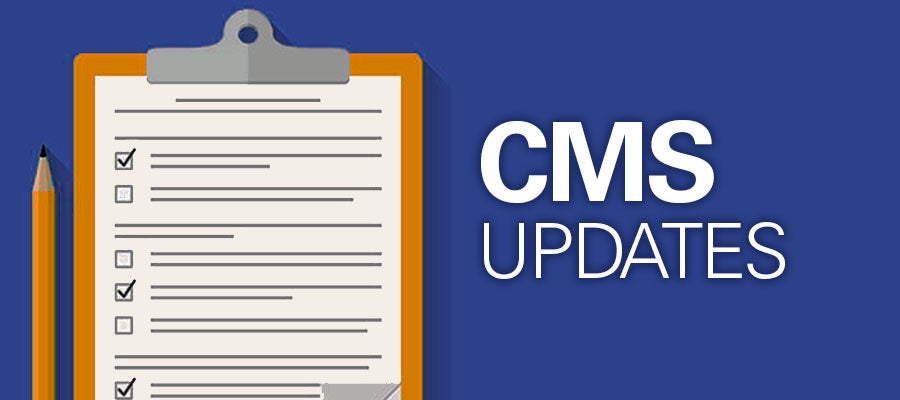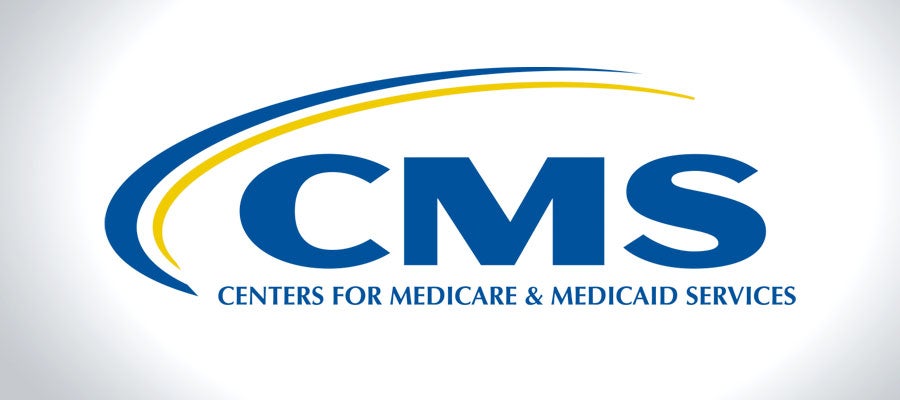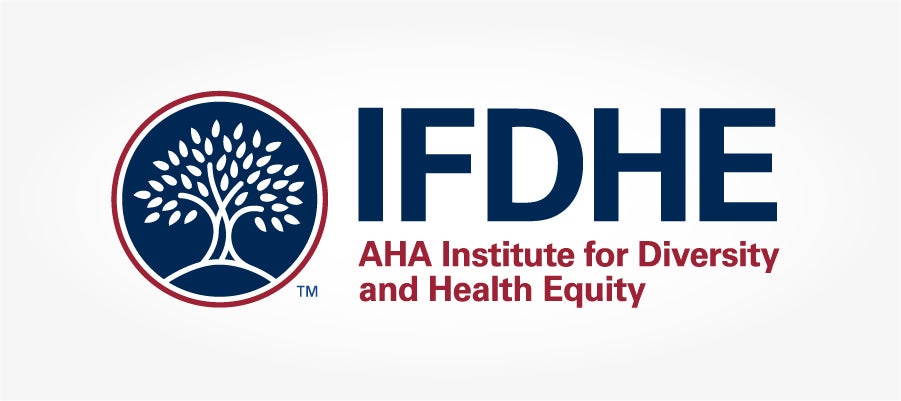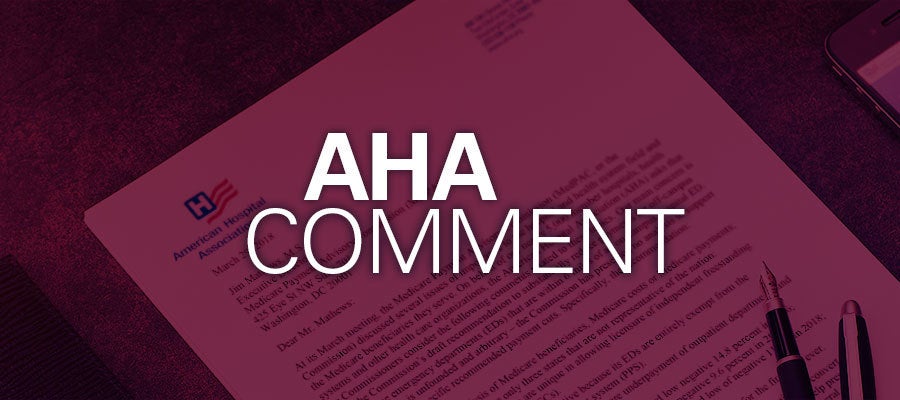
News







Latest
AHA and the American Board of Internal Medicine Foundation are sponsoring the Jan. 19-20 equity summit, “Righting the Wrongs: Tackling Health Inequity,” organized by The Hastings Center and the Association of American Medical Colleges’ Center for Health Justice.
In this podcast presented by the AHA Living Learning Network and American Organization for Nursing Leadership, Advocate Aurora Health Chief Nursing Officer Mary Beth Kingston, a member of the AHA Board of Trustees, and nurse leader Patricia Quinn, director of maternal child health at Northwell Health, discuss the latest nursing challenges and solutions during the ongoing COVID-19 pandemic.
The AHA today launched a virtual postcard series of #ForeverGrateful messages expressing appreciation for the efforts of health care workers in their communities.
About four in 10 eligible U.S. adults aged 65 or older received a booster or additional primary dose of COVID-19 vaccine between Aug. 13 and Nov. 19, with lowest coverage among American Indian or Alaska Native (30%), Hispanic or Latino (34%), and Native Hawaiian or other Pacific Islander persons (35%), CDC reported today.
The Medicare Payment Advisory Commission this week discussed several draft recommendations for Congress, which the panel would vote on in January.
As urged by the AHA, the Senate last night voted 59-35 to pass legislation that would stop Medicare cuts to hospitals, physicians and other providers from going into effect early next year.
by Rick Pollack
This week Congress passed legislation to stop a number of harmfu
Building on its long-standing commitment to health equity, Maryland-based Luminis Health redoubled its efforts during the COVID-19 pandemic to chart a road map to leading as an anti-racist organization, writes Tamiko Stanley, chief diversity, equity and inclusion officer at the organization, a member of AHA’s Living Learning Network.
Almost 4.6 million people have selected a 2022 health plan through the federally facilitated or state-based marketplaces since open enrollment started Nov. 1, and the Centers for Medicare & Medicaid Services announced.
The Department of Health and Human Services’ Office on Women’s Health recognized 20 organizations, including AHA-member hospitals and health systems, for their effective programs to monitor and provide follow-up care for hypertensive disorders to pregnant and postpartum women.
The House passed the Dr. Lorna Breen Health Care Provider Protection Act (H.R. 1667), AHA-supported legislation that would authorize grants for programs that offer behavioral health services for front-line health care workers.
The Food and Drug Administration authorized using the combination monoclonal antibody therapy Evusheld to help prevent COVID-19 in certain adults and children with compromised immune systems or a history of severe adverse reaction to a COVID-19 vaccine or its components.
The Food and Drug Administration announced the widely anticipated expansion of Pfizer’s COVID-19 vaccine emergency use authorization to allow booster doses for 16- and 17-year-olds.
The AHA released a new issue of the COVID-19 Snapshot underscoring the persisting challenges facing hospitals and health systems during the ongoing public health emergency.
A bipartisan group of senators urged Majority Leader Chuck Schumer and Minority Leader Mitch McConnell to extend through the end of the COVID-19 public health emergency the moratorium preventing a 2% cut to Medicare payments under sequestration.
The AHA and American Medical Association today sued the federal government over the misguided implementation of the federal surprise billing law.
by Tamiko Stanley
Tamiko Stanley, chief diversity, equity and inclusion officer at Luminis Health, reflects on lessons learned during the COVID-19 pandemic and best practices moving forward.
New Hampshire hospitals and their health care heroes recently received the Distinguished Industry of the Year Award from the Daniel Webster Council of the Boy Scouts of America for their service, sacrifice and courage throughout the COVID-19 pandemic.
The Health Resources and Services Administration awarded states and territories an additional $81 million in emergency funding from the American Rescue Plan Act for the Maternal, Infant, and Early Childhood Home Visiting Program, which provides voluntary home visits to improve maternal and child health for families in high-risk communities.
Primary and behavioral health organizations, state and local governments and others can apply through Feb. 7 for a portion of $30 million from the American Rescue Plan Act to expand community-based drug overdose prevention programs, the Substance Abuse and Mental Health Services Administration announced.

